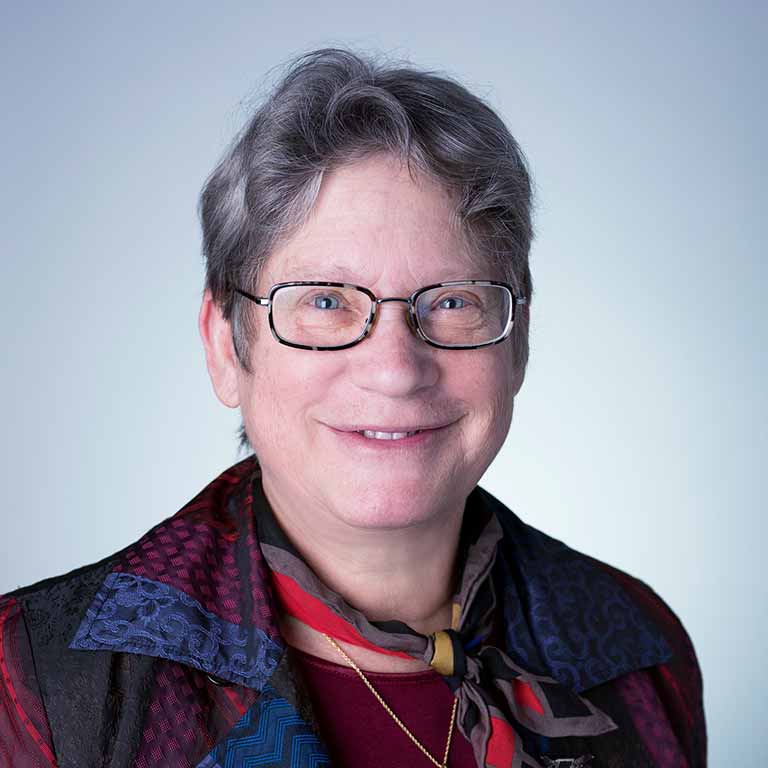The colonial settler state context shapes everyone no matter their identity. Dr. Kane’s INTL-I 302 Global Healing will help students develop a sense of the inter-generational impacts of settler cultures on the planet’s Indigenous people and seek paths toward understanding the power of joining together across cultural identities to potentiate collaborations that try to meet 21st century environmental and climate challenges.
An interview with Dr. Kane, a Professor at Hamilton Lugar School of Global and International Studies, is below.
How does this course fit the theme of this year’s Themester?
Dr. Kane: This IU class explores how the colonial settler state context shapes us no matter our identity. No matter where we come from, whether we are descended from immigrants or from those once enslaved, whether we are recently arrived or well-established, we are living with a past of violent dispossession. And we all know this. But knowing it is not the same as really understanding it and understanding how to move through the world with this knowledge. This class will help mobilize the knowledge that in all our diversity, one way or another, we are all still entangled with this brutal historical legacy.
Why is it important for students to take this course? What knowledge or skills do you hope they gain?
Dr. Kane: Most of us are descended from immigrants or from those who were brought here as slaves. We are cohabiting with Indigenous people, but we might not think much about them.
We can be part of the larger process unfolding in and beyond academia. In this class, we focus on exploring ideas about identity and decolonization, about our sense of our situations and ourselves. I want the students to discover their writing voices as vehicles of personal and community transformation.
What, to you, is the most interesting aspect of this course? What do you learn from teaching it?
Dr. Kane: We are looking at three different cultural and geographical contexts: North America, Hawaii, and Siberia. And in these, we are reading three books. In the Eye of the World by Nastassjan Martin, Mapping Abundance for a Planetary Future by Candace Fujikane, This Accident of Being Lost: Songs and Stories by Leanne Betasamosake Simpson. I chose these books because of the authors’ identities and their approach to research and writing.
It is a personal and professional journey. In a sense, I want the students to go on this journey with me, I want to go on it with them.
Are there any assignments that you are particularly excited about?
Dr. Kane: We will probably visit campus museums to look at relevant collections and go to Themester events. One of the things that I love about Global Healing, no matter what topic I am focusing on, is that we go outside. Just south of the Global and International Studies building, there is this big tree, and we gather around the tree, think about the tree, relate to the tree, meditate, and talk about certain themes. That brings the class together in a really special way. And it has become my favorite part of the class.
How do you feel that this year’s theme fits into what is going on in the world right now?
Dr. Kane: We are in a very important pivotal moment. Settler colonial states, like the United States and Canada, are really coming to terms with the need to decolonize academia and the world. The identity theme gives us an opening into these efforts. Indigenous authors and their allies can help us discover places within ourselves from where we can begin to unwind the violence that we inherited, benefit from, and continue to exert on the Indigenous people who live and study amongst us and on the waters that we rely on, on the other animals and plants that are so basic to our survival. Decolonization, in my mind, is intimately tied with climate, the climate cries that we face.
View this course
View Themester 2022 courses



 The College of Arts
The College of Arts